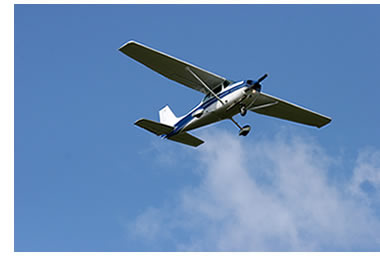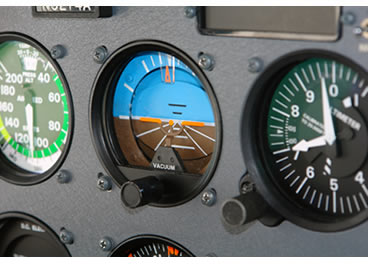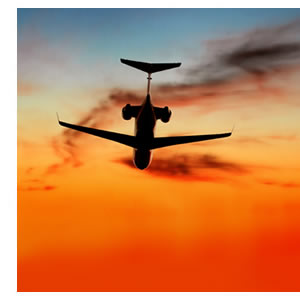See The World From New Heights!
Learn to fly, get started today!

Aviation Schools Online

Genesis Flyers Aviation offers custom one on one flight instruction for their students. Whether your goal is to become a sport pilot, flight instructor, or an airline captain we are here to help you achieve your goals. Our training curriculum is custom designed to fit your pilot goals. Genesis Flyers Aviation offers flight instruction to students in the Greater Phoenix and Tucson, Arizona metropolitan areas.
Sport Pilot:
 The sport pilot rating is becoming one of the most popular ratings for a general aviation pilot today. A student can obtain a sport pilot certificate for a fraction of the cost to obtain a private pilot certificate. Sport pilots do not have to obtain a medical to earn their certificate.
The sport pilot rating is becoming one of the most popular ratings for a general aviation pilot today. A student can obtain a sport pilot certificate for a fraction of the cost to obtain a private pilot certificate. Sport pilots do not have to obtain a medical to earn their certificate.
Below are the basic requirements to obtain a sport pilot certificate:
Private Pilot:
Today the private pilot certificate is held by the majority of pilots. The private pilot certificate allows a pilot to act as pilot-in-command of any airplane (appropriately rated aircraft) for any non-commercial purpose. This certificate gives the pilot authority to fly under visual flight rules (VFR). A private pilot may carry passengers and fly in furtherance of a business. The private pilot certificate does not allow the pilot to be compensated in any way for services as a pilot. Passengers can pay pro rata share of the flight expenses (i.e. fuel, oil, and rental costs).
The basic requirements to obtain a private pilot certificate are:
Instrument Rating:
 An instrument rating is add-on rating to a pilot’s current certificate. A pilot with an instrument rating can fly under (IFR) Instrument Flight Rules and fly into (IMC) instrument meteorological conditions. Instrument pilots are rated to fly solely by reference to their flight instruments.
An instrument rating is add-on rating to a pilot’s current certificate. A pilot with an instrument rating can fly under (IFR) Instrument Flight Rules and fly into (IMC) instrument meteorological conditions. Instrument pilots are rated to fly solely by reference to their flight instruments.
Below are the basic requirements to become eligible for an instrument rating:
Commercial pilot certificate:
A commercial pilot may be compensated for flying. In training for a commercial pilot certificate a pilot will have a better understanding of aircraft systems and a higher understanding of airmanship. A commercial pilot who does not hold an instrument rating cannot fly in instrument meteorological conditions (IMC) and are restricted to daytime flights within 50 nautical miles when flying for compensation or hire.
To find out other limitations to the commercial pilot certificate please inquire with our flight staff.
The basic requirements to obtain a commercial pilot certificate are:
Airline Transport Pilot:
The Air Transport Pilot certificate (ATP) is now becoming a requirement for professional pilots looking to make a career with most airlines. It is currently the highest rating in civil aviation a pilot can obtain. A pilot seeking the ATP certificate does not need to be signed off by an instructor to apply for the practical test. We offer scheduling and training in the category and class of aircraft the pilot is seeking the ATP certificate.
The basic requirements to obtain an Airline Transport Pilot certificate are:
Certified Flight instructor Add-on ratings:
 Genesis Flyers Aviation offers flight instructor add-on ratings for instructors who are looking to add their CFI, CFII, or MEI to their current instructor certificate.
Genesis Flyers Aviation offers flight instructor add-on ratings for instructors who are looking to add their CFI, CFII, or MEI to their current instructor certificate.
Flight Reviews/Instrument Proficiency checks:
Genesis Flyers Aviation offers flight reviews in accordance with FAR Part 61.56.
A minimum of one hour of ground and one hour of flight is required with an instructor. See the FAR's for the complete listing of requirements. Depending on the experience and regency of each pilot will determine the ground and flight training time for each flight review.
Genesis Flyers Aviation offers instrument proficiency checks (IPCs) to pilots in accordance with FAR Part 61.57(d). Our IPC programs are developed for each individual pilot. Our instructors are also available to act as safety pilots for pilots who need to stay IFR current.
We are looking forward to taking flight with you!
*The requirements for obtaining each certificate and rating above give a general overview of the training requirements. A student pilot will need at least a third class medical certificate to obtain most of their pilot ratings and certificates. For more information please direct questions to our flight staff.
Airplane Owners:
Genesis Flyers Aviation provides flight training to airplane owners.
Certain restrictions apply-
*The airplane must have a current annual and comply with all airworthiness directives pertaining to the make and model of your aircraft, before instruction will begin. Additional cost may apply for the engine and airframe log books to be reviewed by an aircraft maintenance technician. For long-term training addition to owner's insurance policy may be required.